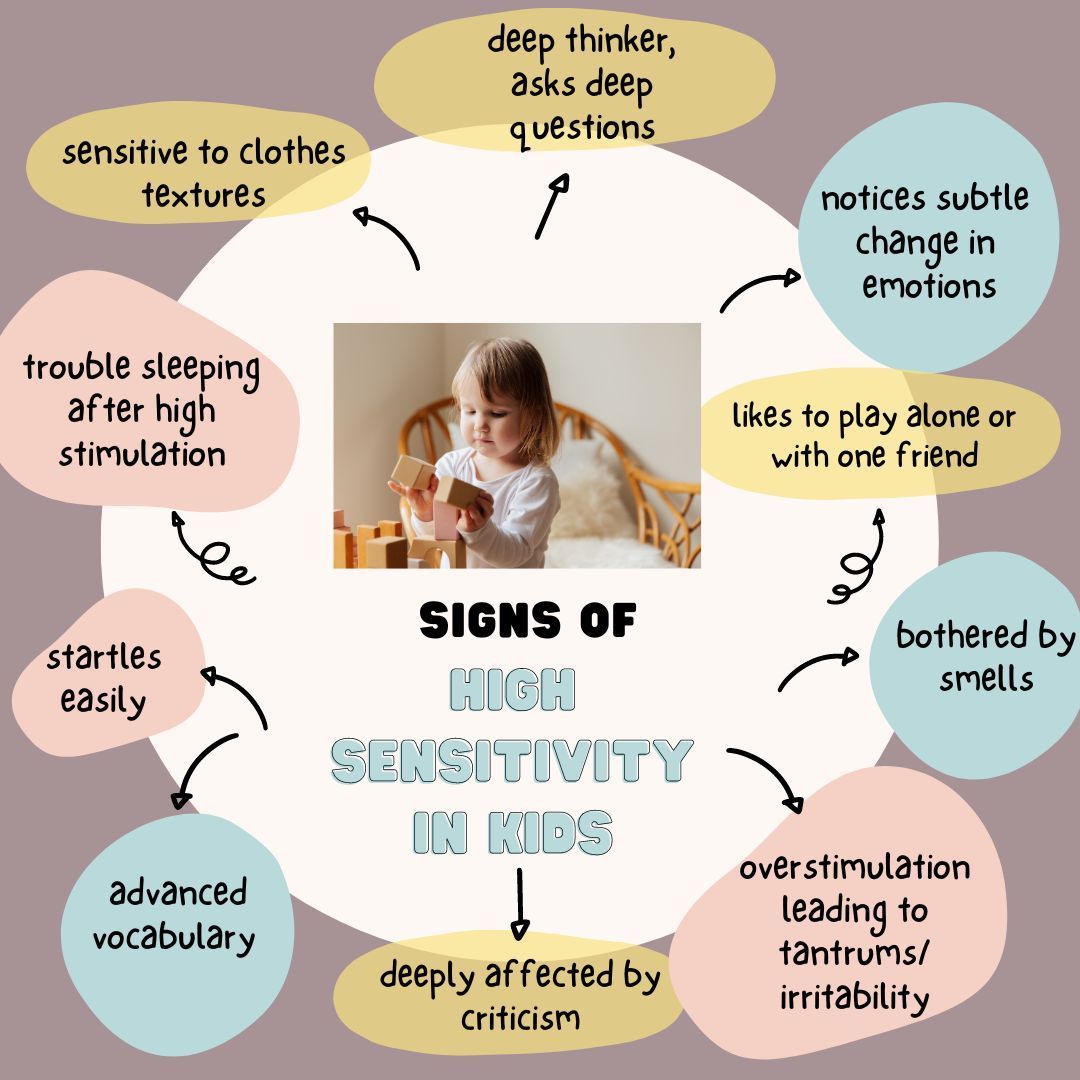Is My Child Highly Sensitive?
A MORE PEACEFUL HOME BEGINS HERE
Understanding Highly Sensitive Child Traits And Symptoms
High sensitivity describes a temperament where children both notice and have a stronger reaction to external and internal stimuli.
What does this mean?
Children with high sensitivity react more strongly to:
- Their physical environment, including loud noises, crowded spaces, bright lighting, textures of clothes, smells, etc.
- Their emotional environment, including other people’s emotions, perceived criticism/rejection, their own emotional state, violent images/stories, injustice/suffering,
Their emotional environment, including other people’s emotions, perceived criticism/rejection, their own emotional state, violent images/stories, injustice/suffering,
Why is this a challenge?
Because of a more sensitive nervous system, these children are more prone to overstimulation. A highly sensitive child has distinct traits and symptoms, which may show up as tantrums/meltdowns, irritability, shutting down emotionally, and angry outbursts.
Once these kids do get overstimulated, it takes them longer to recover, which may result in a longer time before they can recover from strong, negative emotions and they feel better. A highly sensitive child’s traits and symptoms can be misinterpreted as a child being intentionally difficult or defiant.
Is high sensitivity a bad thing?
Sensitivity is a gift (that comes with a few challenges!)
Highly sensitive kids are:
- Deep processors, which mean they can ask profound, thoughtful questions; they can have an advanced vocabulary for their age; they notice subtleties other people miss
- Deeply empathetic, making them attuned to issues of justice and equality, as well as an advocate for the underdog or those who are less fortunate
- Creative souls with a rich inner world, that may show up as artistic talent, or being innovative in other ways
This is a normal temperament, and not a disorder. It is present in approximately 20% of the population, equally common in girls and boys.
High sensitivity is inherited, so if your child is highly sensitive, you or your child’s other parent may be as well.

Why Does It Matter Whether My Child is Highly Sensitive?
High sensitivity does increase your child’s susceptibility to emotional and mental health challenges.
Because these children are more sensitive to their inner and outer environments, they suffer intensely when they don’t feel supported and understood.
This means that as the parent of a sensitive child, your ability to understand and support your child with the proper parenting strategies is critical.
Their emotional health and well-being are at stake.
What happens when sensitive kids are misunderstood?
Sensitive kids are more prone to shame, an intense feeling that we are wrong or bad at our deepest level.
Unfortunately, many parents unintentionally generate shame in sensitive kids when they use punishments, threats, yelling, or taking away privileges as they respond to a highly sensitive child’s traits and symptoms. Over time, kids can develop low self-esteem and intense self-criticism.
This may lead to mental health problems, substance abuse problems, and self-harm.
What can parents do to prevent this and ensure their child’s emotional health?
The best way to protect your child’s susceptibility to emotional challenges is to make the home environment the most supportive it can be.
That means that your relationship with your child is paramount.
Having a secure, safe, connected relationship with you is essential for your child’s good mental health, now and for the future.
You can do this. It doesn’t require you to be a perfect parent who never makes mistakes. But it does require some work and reflection, and often learning some new emotional tools and parenting strategies for your highly sensitive child.
But investing in creating a peaceful, connected home is a gift you give your child’s mental and emotional well-being that lasts a lifetime.

